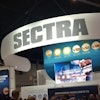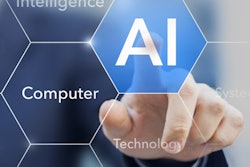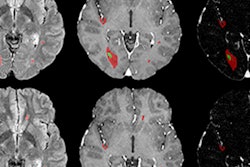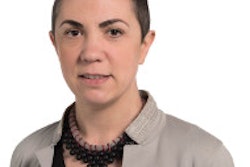Dear AuntMinnieEurope Member,
When it comes to minimizing errors, finding ways to share knowledge more effectively means a great deal, so a new free guide from the U.K. Royal College of Radiologists (RCR) is bound to generate considerable interest.
As you'd expect from the RCR, the document is well researched and practical, and though it's been produced largely for a U.K. audience, many of the recommendations are of general relevance.
Big Data in Imaging, a meeting held in London and organized by the British Institute of Radiology, caught the imagination of medical imaging professionals last November. One of the most popular talks was about ethics and artificial intelligence (AI), and the speaker, Ivana Bartoletti, has written it up for us.
Also in the Artificial Intelligence Community is a report about a German study that describes how an artificial neural network can provide automated quantitative assessment of multiple sclerosis burden on MRI exams. In clinical tests, the model yielded consistent and accurate performance for assessing volumetric lesion load.
Differential diagnosis of patients presenting with acute diseases manifesting as diffuse lung disease on chest CT can be a real challenge, but an award-winning Spanish team has found that a checklist approach can help. Find out more in our CT Community.
Many of you will recall last October's article about the large number of unprotected PACS servers in Europe. Users in some countries have taken action, but others haven't, and many systems remain vulnerable to cyberattacks. Don't miss our update.
Last but not least, U.K. researchers have combined PET imaging with a radiotracer that binds to a specific protein. They think this might have validated the belief that dysfunctional neuronal connections in the brain are the underlying cause of schizophrenia. Go to the Molecular Imaging Community.



















